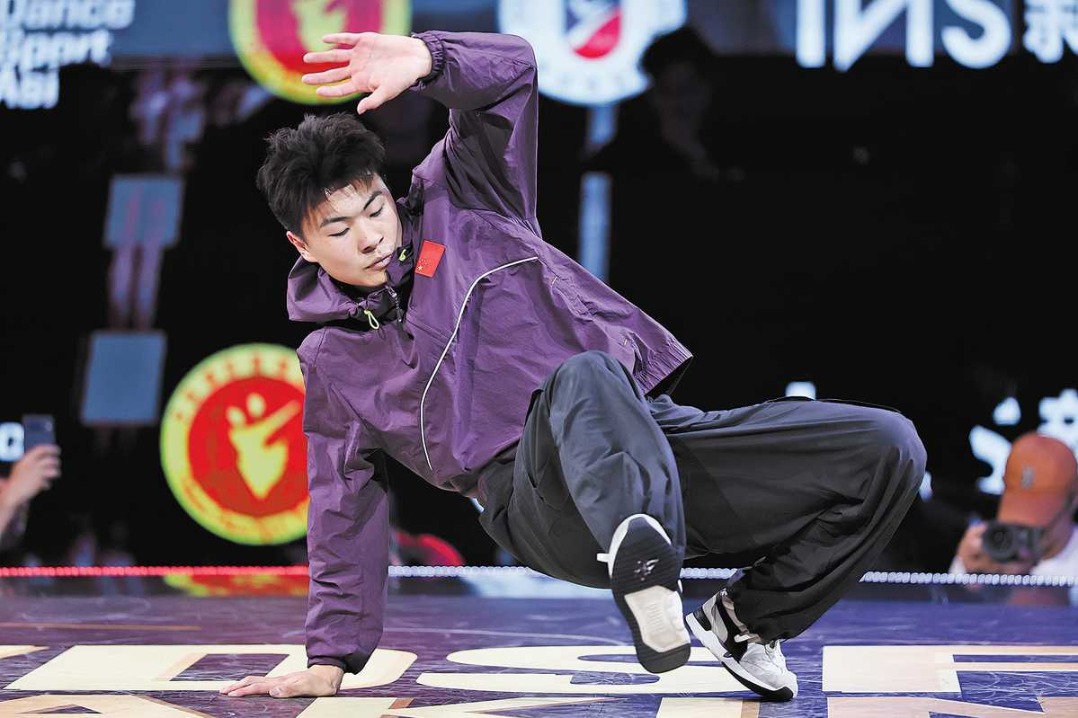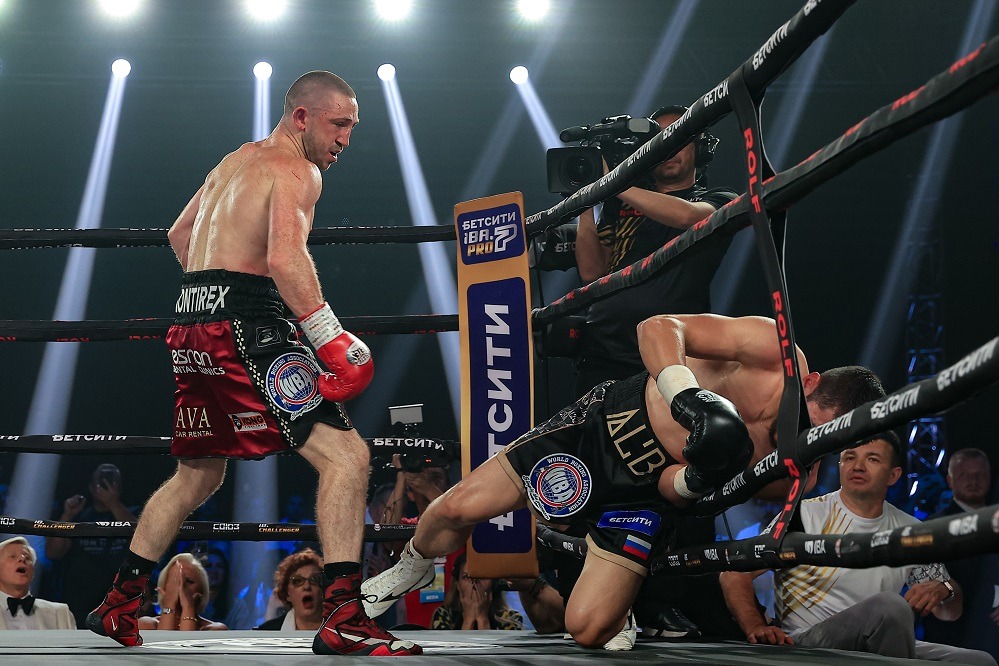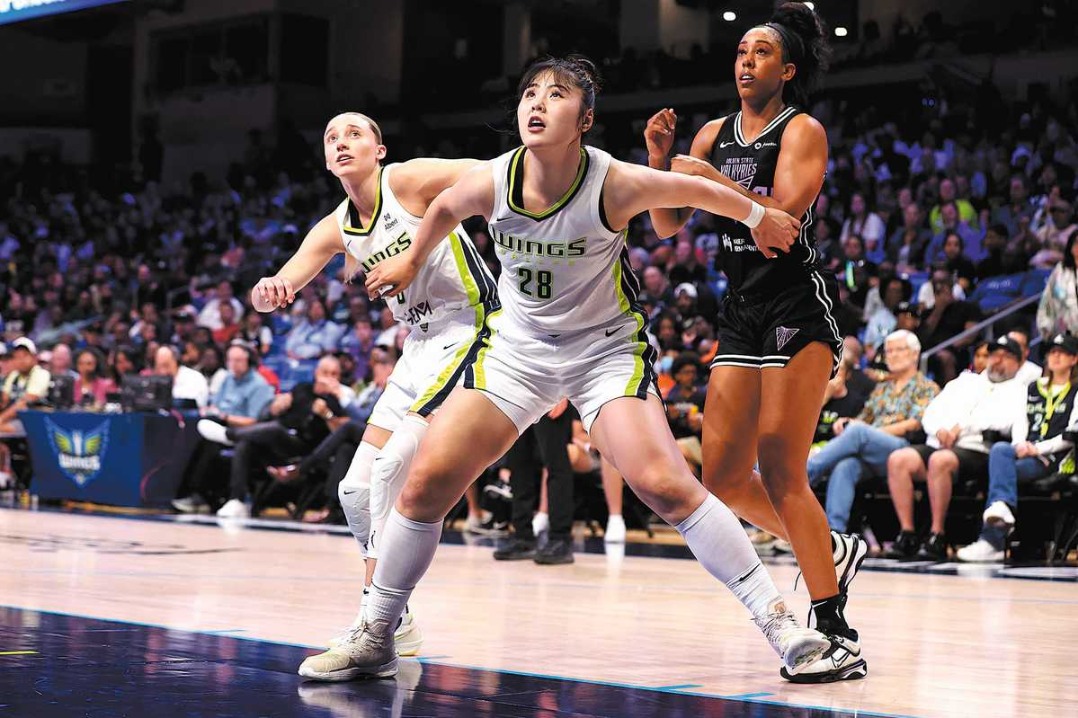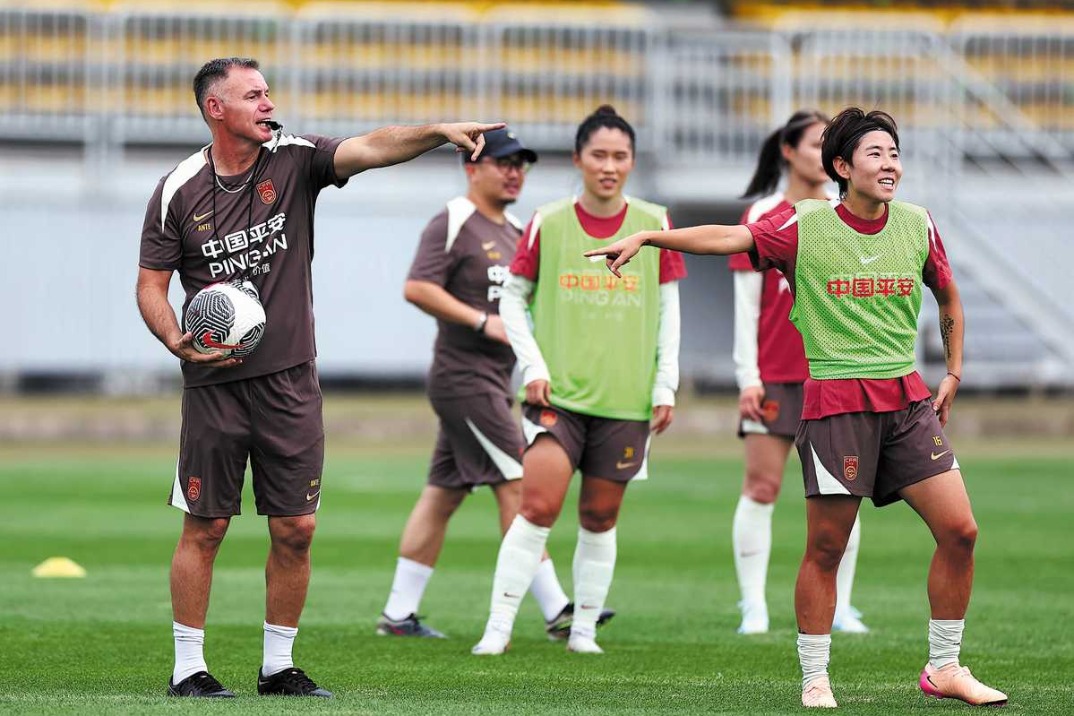Muay Thai struggles to strike the right balance

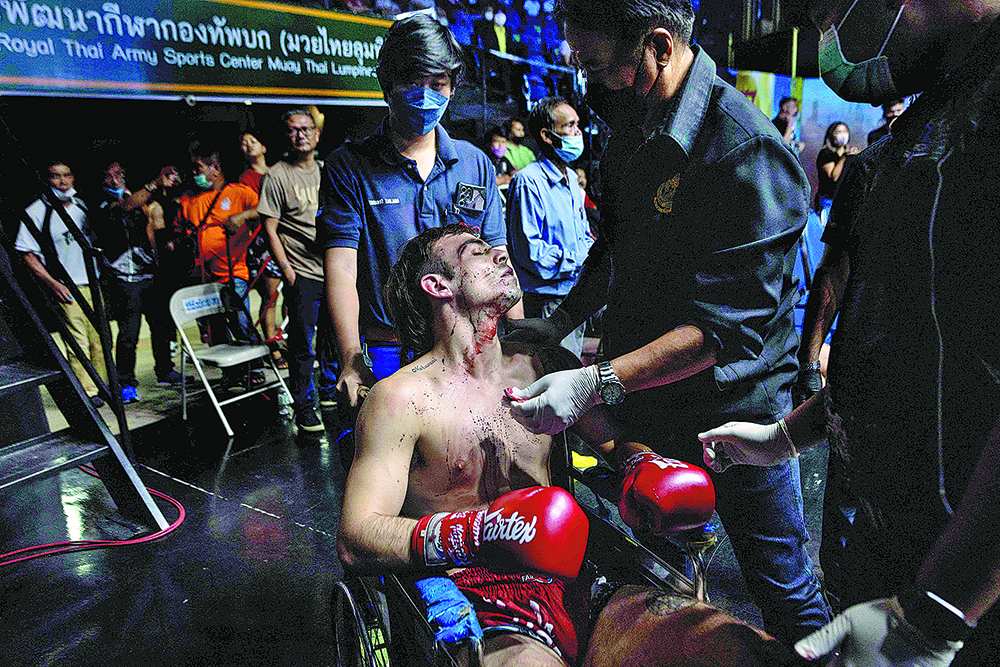
More inclusive
Muay Thai — known as the "art of eight limbs" for the different ways opponents can strike each other with knees, fists, kicks, and elbows — is Thailand's de facto national sport and is a source of immense pride.
Since the July death, the Thai authorities have increased their efforts to enforce more rules and inspections in a sport that is steeped in centuries of tradition.
Bids to make the sport more inclusive saw women fighters go toe-totoe last year for the first time at the Lumpinee Stadium in Bangkok, Muay Thai's spiritual home, run by the army since it opened in 1956.
Providing wounded fighters with medical attention is also becoming more of a priority.
At a recent seven-fight bill at the stadium, army doctor Phongcharoen Ungkharjornkul, 31, took his place at the edge of the ring alongside five nurses, with an ambulance on standby outside.
"Muay Thai is a violent sport. It can cause head injuries, concussions, internal bleeding," he told AFP.
"If boxers are not treated quickly, they can die."
Argentinian fighter Federico Vernengo was soon brought in by wheelchair, blood pouring down his face after collapsing in the first round of his fight.
"When I was hit in the face, I saw my mother... It was crazy," he said after receiving five stitches.
But while immediate care is on hand, follow-up treatment — and enforcement of rest periods in cases of head injuries — is not always so thorough.
Gaps between fights are often cut short to allow fighters and promoters to earn more money.
Most Popular
- Messi returns to MLS with spectacular double in Inter victory
- New boss, new blood, same goals
- US weather remains a hot topic, as Club World Cup enters final stages
- British fans full of cheer as new generation emerges
- Offering up a toast with a twist
- IBA chief demands apology from IOC for unfairly treating boxers


















